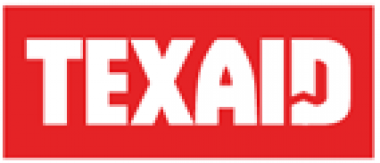Transforming textile waste into feedstock
Europe has a 7-7.5-million-ton waste problem, of which only 30-35% is collected today. The ReHubs initiative launched in 2020 has now completed a Techno Economic Master Study (TES) and it sheds light on key figures and options to collaborate to solve the European waste problem.
In two and a half year all EU member states are obliged to separately collect textile waste. Currently there are no large-scaled plans to use that waste. The largest portion of the waste (around 85%) comes from households.
The ReHubs initiative brings together key European and world players to solve the textile waste problem by transforming “waste” into a resource and to boost textile circular business models at large scale. The completed TES has accessed critical information on solving the European waste problem. It is estimated that to reach a collection rate from 18 to 26 percent by 2030, 7 billion euro will be needed. Once matured and scaled, the textile recycling industry could become a profitable industry with a total market size of 6-8 billion € and around 15,000 direct new jobs by 2030. As a first step the ReHubs Initiative announces different actions forwards, including projects on this pathway, which one is to transform textile waste into feedstock.
TEXAID has been supporting ReHubs since the start and contributed significantly involved to the Business Council and the Steering Committee of the initiative. As strongly committed industry leader TEXAID is taking the lead on the project to transform textile waste into feedstock for recycling processes. In order to handle the increasing quantities of post-consumer textile waste a massive scale up of sorting and preparation for recycling of used textiles is needed. TEXAID is committed to lead the work on developing new technologies and building up additional capacities for the handling and preparing of textile waste for textile recycling in Europe. In a first phase this involves the built up of a new sorting and pre-processing facility with the capacity of 50’00 tons p.a. by 2024.





